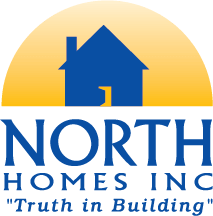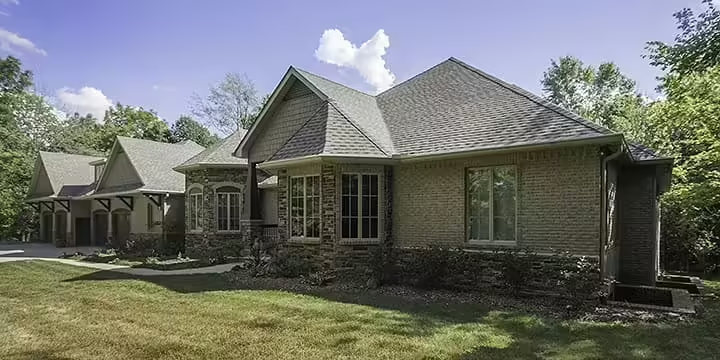Designing a custom home offers a unique opportunity to tailor every aspect of your living space to meet your needs and preferences. An essential consideration in this process is ensuring that your home is accessible to friends, family, and other guests, regardless of age or physical ability. Accessibility not only enhances comfort and convenience but also future-proofs your home. Make your custom home build grow with your family for years to come.
Universal Design Principles
Incorporating universal design principles is the foundation of creating an accessible home. These principles emphasize designing spaces that are usable by everyone without the need for adaptation or specialized design. Key elements include:
- Wide doorways and hallways to accommodate wheelchairs and walkers
- Lever-style door handles and faucets that are easier to operate than traditional knobs
- Rocker light switches placed at accessible heights
Barrier-Free Entryways & Outdoor Spaces
The entry to your home sets the tone for accessibility. Make your home’s first impression count. Consider the following features for a barrier-free entry:
- Zero-step entrances to eliminate the need for stairs
- Ramps or gentle slopes leading to the front door
- Non-slip surfaces and adequate lighting for safety
- Accessible paths and walkways with smooth, even surfaces
Accessible Bathrooms
Bathrooms are crucial areas for accessibility due to their frequent use and potential hazards, as shower floors and tubs can increase the risk of slipping and falling. Key design considerations include:
- Roll-in showers with grab bars and handheld showerheads
- Raised toilet seats and grab bars for support
- Sufficient floor space to maneuver a wheelchair or walker
- Vanity sinks with open space underneath to allow for seated use
Functional Kitchens
With high built-in appliances, countertops, and difficult-to-open cabinetry, the kitchen is often one of the more inaccessible rooms in a home. Designing an accessible kitchen ensures that all family members can comfortably use the common space. Important features include:
- Lowered countertops and sinks for easy reach
- Pull-out shelves and drawers
- Side-by-side refrigerators and freezers for easier access to both compartments
- Touch or sensor-activated faucets
Smart Home Technology
Incorporating smart home technology can greatly enhance the accessibility of your custom home. These technologies allow you to adjust the thermostat, door locks, refrigerator, and more without moving.. Consider:
- Voice-activated assistants to control lighting, temperature, and security systems
- Automated window treatments and lighting
- Smart appliances that can be controlled via smartphone or voice commands.
Creating an accessible custom home is about more than just meeting basic needs; it’s about enhancing the quality of life for all residents. Incorporating these thoughtful design elements can ensure your home is comfortable, safe, and welcoming for everyone. An accessible home is a wise investment for the future and a testament to your commitment to inclusive and thoughtful living. Embrace the opportunity to build a home that truly supports and enriches the lives of all its occupants.
At North Homes, we’ll help you design, build, and live an accessible custom home build. As a leading custom home builder in Hamilton, Boone, and Hendricks Counties and other counties in Central Indiana, we’re here to help you make the most of your budget, timeline, and desired customization. Call today to schedule a meeting to discuss your vision, or fill out our contact form to learn more.

